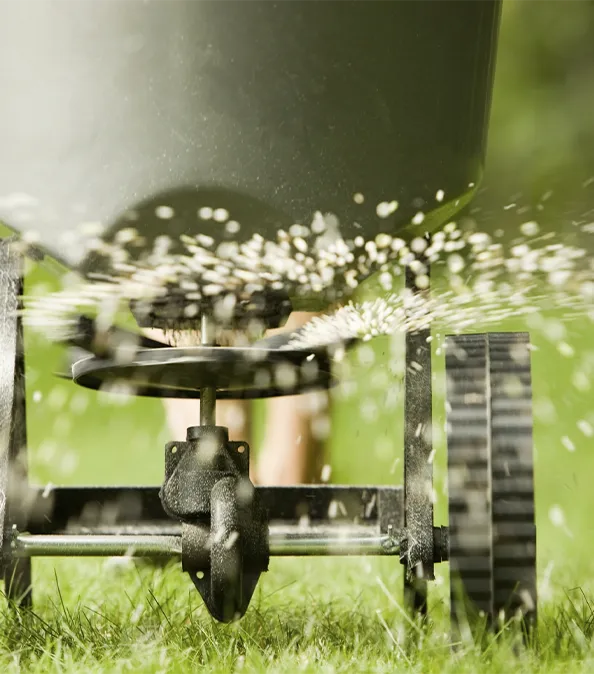Lawn Care Programs
GreenCare offers a Lawn Care Program that will provide fertilization in each application, and a treatment for weeds depending on the season. Normally, up to five applications can be scheduled throughout the year. Will your lawn require five applications? Not necessarily. This is where you and your GreenCare lawn professional can decide what will be best for your particular situation.
GreenCare offers these programs:
- GreenCare 5: Includes all 5 applications.
- GreenCare 4: Includes Early Spring, Late Spring, Early Fall, & Late Fall.
- GreenCare 3: Includes Early Spring, Late Spring, & Early Fall.
- Aeration: All three programs are offered with or without Aeration.

